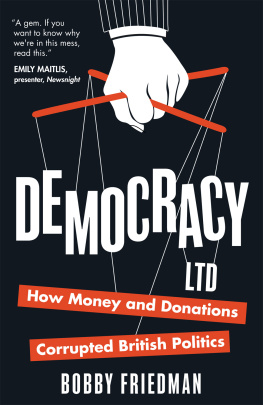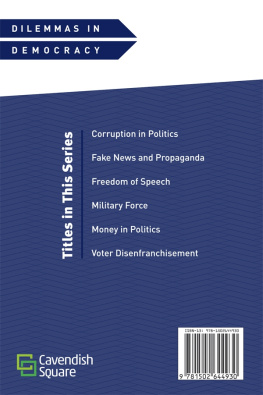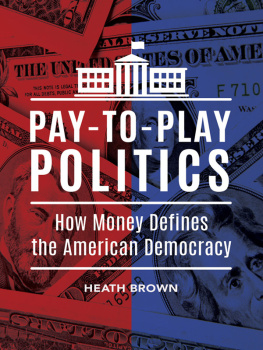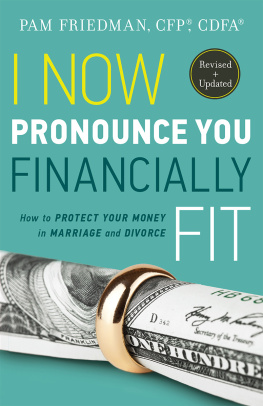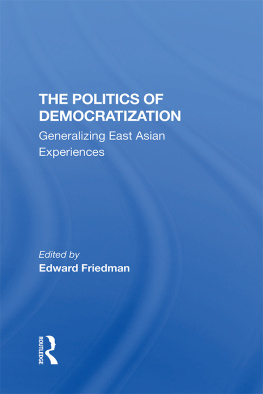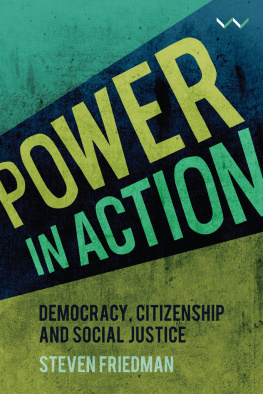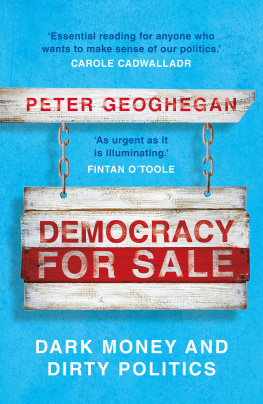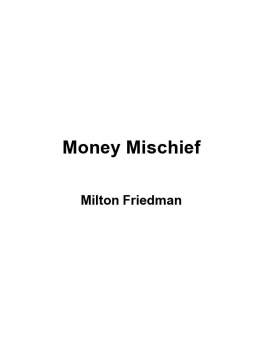1
The City of Dreadful Knights
Lloyd George and other early funding scandals
I have dabbled in
Lord Willoughby, 1914
It was September 1916, and the Battle of the Somme was being fought on the other side of the Channel. While one man after another died at the hands of enemy machine-gun fire, at Newmarket racecourse a much more tranquil scene was playing out.
James Buchanan was one of those standing on the sidelines. For him, it was a potentially momentous occasion. His horse, Hurry On, was competing in the St Leger, the final in the series of flat-racing Classics and one of the most prestigious events in British horse racing. The race had been an annual tradition since 1776 and, since its usual home at Doncaster was shut for the duration of the war, it had transferred to Newmarket where it was temporarily renamed the September Stakes. Buchanan was a great animal lover and a huge fan of horse racing, but as an owner he had never won a Classic, or any other race of great distinction for that matter. Today might be the day.
Buchanan was a man of considerable ingenuity. Dressed up in his morning suit, and sporting a distinguished white moustache and thin glasses, he might have been mistaken for a member of the establishment. In truth, Newmarket was a long way from his roots in Glasgow, socially as well as geographically. Buchanan had started life as an office boy in a shipping firm, but inspiration struck when he moved to London as an agent for a company in the whisky trade. Buchanan soon realised that there was a gap in the market for bottled Scotch whisky, and so he created the Buchanan Blend. It was immensely popular, became the tipple of choice for Queen Victoria and made its eponymous owner very rich indeed. Buchanans annual income was estimated to be some 485,000, the equivalent
The whisky millionaire had made a habit of getting what he wanted. It came as little surprise when Hurry On, carrying its jockey Charlie Childs, edged ahead at the finishing line, completing the course in a fraction under three minutes still the second-fastest time ever recorded in the St Leger. It was to be the first in a long line of successes for Buchanan, and Hurry On went on to sire Captain Cuttle and Coronach, two horses that would win the Derby wearing Buchanans colours.
Even after securing his place in the equine history books, Buchanan wanted more. Money and sporting success were not enough; he wanted social acceptance. To finally earn his place among the upper classes, he needed a title. In 1920, he made his first moves up the aristocratic line when he was awarded a baronetcy. Unfortunately, this was not enough to earn him the full perks of a peerage. There was no place in the House of Lords, and there was no seat of title; he was still only a lowly Sir James.
By the winter of 1921, Buchanan had had enough. He wanted a peerage, and he wanted it now. He wanted to become Lord Woolavington of Lavington in the County of Sussex. The solution was simple: he gave a cheque to the Liberal prime minister, David Lloyd George, for 50,000: a huge sum of money, equivalent to over 12 million today. But Buchanan wanted to make sure that the donation had the desired effect. He came up with an ingenious plan: the cheque was dated 2 January 1922, the day after the honours list would be published, and he Without the peerage, the cheque could not be cashed.
When the New Years Honours list was gazetted on 1 January 1922, it hardly came as a surprise that Buchanan was to receive a peerage with the title Lord Woolavington. The office boy from Glasgow received his reward, and Lloyd George cashed his cheque. However, there was barely a murmur of protest at the way in which the honour had been procured. The prime ministers blushes were spared by the fact that Buchanan happened to be a very suitable candidate for a peerage, even without a large cheque. Not only was he a successful businessman, but he was also a renowned philanthropist, who later gave 50,000 (seemingly his favourite sum) to the King for the restoration of the chapel at Windsor Castle. When it came to a man of such impeccable standing and royal connections, there seemed little reason to query the peerage, or to inquire as to whether any sums of money had changed hands.
Unfortunately for Lloyd George, not all of his benefactors had such strong credentials. Soon, the prime ministers desire for donations would push the country towards its first ever scandal surrounding party donors. However, the furore over Lloyd George and the sale of honours would not help to solve the problem of party donors and undue influence. Instead, it was to start a trend that continues to the present day, where the story of how political parties find money is a constant source of embarrassment.
The wheels came off in 1933 when Maundy Gregory, a swindler and entrepreneur in equal measure and a man who would stand trial for murder was convicted of selling peerages. It was the final act in the long and convoluted scandal that had started more than a decade before, involving Lloyd George and his predilection for handing out honours to those like Buchanan who donated money to his political fund. In many ways Gregorys arrest was deeply unsurprising, as the public had long known that it was possible for the rich to buy their way into Parliament. The only real shock was that something had been done about it.
Back in the early 1900s, peerages were greatly prized. Like today, they allowed the holder to take a seat in the House of Lords, but in Lloyd Georges time the title was also hereditary, securing respect and power for the peers sons and heirs as well as for himself. There were a whole host of other titles that could be bestowed, and while a mere baronetcy was not enough for Buchanan, this honour was still highly sought after by others who were keen to increase their social standing.
It was for the prime minister of the day to decide who the lucky recipients of such largesse should be, and coming up with a list was not a task that many enjoyed. Inevitably, the man in charge was inundated with requests for a scrap to be thrown to one person or another. The nineteenth-century premier Robert Peel saw and was particularly scornful of those who sought out his patronage. His responses were often caustic; when one MP asked him to bestow an honour on his father, the reply came back: You will quite understand that it is from the unfeigned respect I have for the talents of your father that I advise him to retain the distinction of not being a baronet.
The prime ministers power was effectively an absolute one, and there was no requirement for him to state why the proposed recipient of the honour was suitable to receive it. Such was the low quality that it was often a challenge to come up with any sort of rationale behind the decision to grant a bauble. As a chancellor of the exchequer once wryly observed, reaction to the honours list was often: We know theyre neither rich nor rare; we wonder how, in the name
Even before Lloyd Georges time, concerns had been raised about the link between money and honours. In 1907, the Liberal prime minister Henry Campbell-Bannerman recommended one James Smith for an honour, even though Smith was a director of a company that had supplied a defective rudder to HMS King Edward VII . Unsurprisingly, there was some scepticism as to whether Smiths manufacturing services were really deserving of the public lauding he had received. Hugh Lea, the Liberal member for East St Pancras, suggested that it was Smiths donations to the Liberal Party that in
Still, though, as the Great War approached, the murky process continued unabashed. Part of the explanation was that many members of the political class thought it was perfectly fine for honours to be given in return for cash. In some respects it is equivalent to modern views regarding access to politicians in return for money although such a practice appears corrupt to many people, a number of senior figures in politics continue to argue that there is nothing wrong with it. Back in Lloyd Georges time, many members of the political class just did not see the problem with paying for honours. What may seem wrong to the public can be institutionalised and accepted in Westminster.

